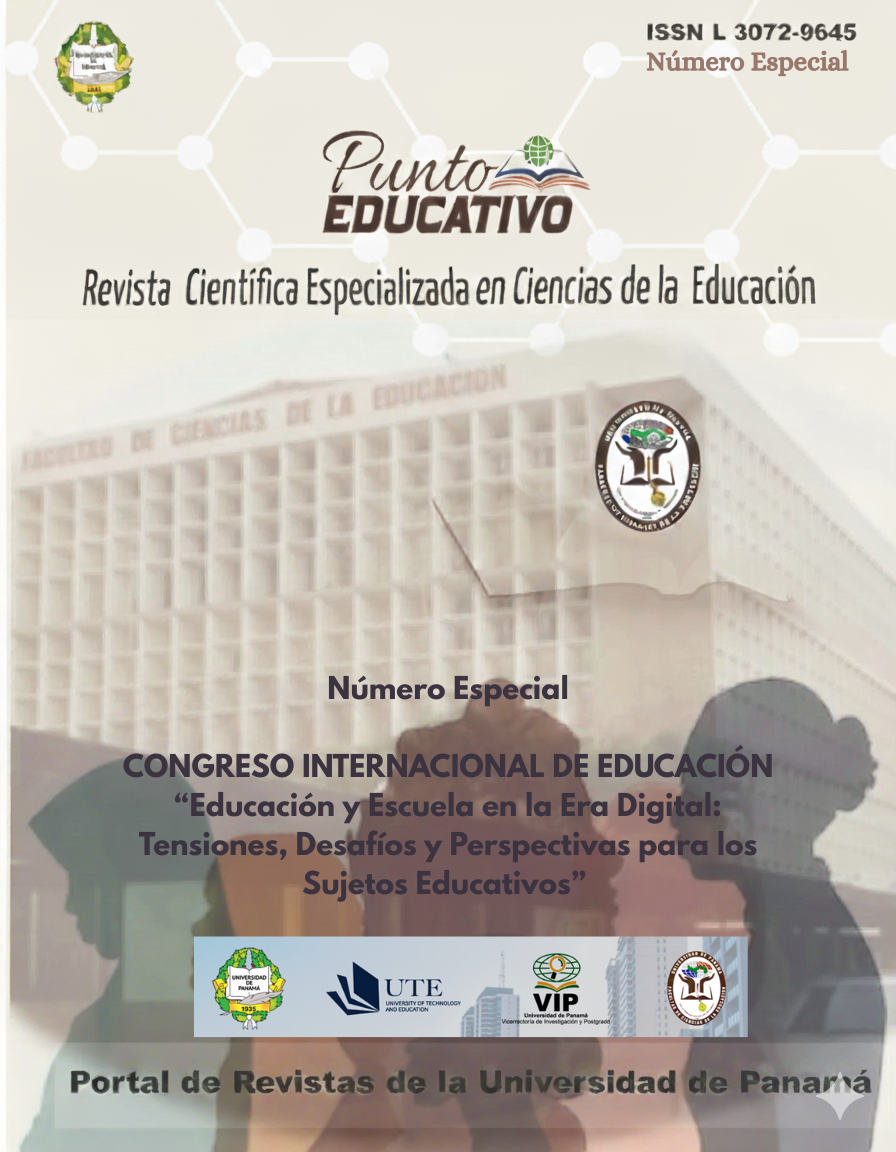

Derechos de autor 2025 Punto educativo

Esta obra está bajo una licencia internacional Creative Commons Atribución-NoComercial-CompartirIgual 4.0.
El propósito de este estudio es realizar un análisis de las expresiones concretas de la autonomía institucional como herramienta generadora de transformaciones curriculares en instituciones educativas; desde este punto de partida estudiar los modelos curriculares implementados en cuatro instituciones educativas de la entidad territorial certifica en educación de Casanare; identificando el manejo de las asignaturas optativas y los tiempos de periodos de clase como expresiones que buscan la transformación del currículo tradicional-oficial. En resumen, se centró la atención en analizar si al interior de las instituciones educativas quienes estamos encargados de hacerlo; en efecto, hemos realizado acciones que favorezcan la construcción de currículos ajustados a las necesidades de nuestros estudiantes y sobre de su bienestar.
Esta investigación desde un enfoque cualitativo busca dos objetivos: Identificar las transformaciones curriculares propiciadas por la inclusión de asignaturas optativas en el plan de estudios y la modificación de los periodos de clase y, tratar de comprender la relación de estas transformaciones con el PEI y las necesidades e interés de los estudiantes y el contexto.
Para dar respuesta a estos objetivos desde una metodología de análisis documental, se revisaron los lineamientos curriculares emanados por el MEN y los documentos PEI elaborados por cada una de las cuatro instituciones educativas sujetas a esta investigación, encontrado que, en términos generales, los PEI y en particular los currículos implementados no responden a situaciones y necesidades de los educandos, de la comunidad local y de la región.